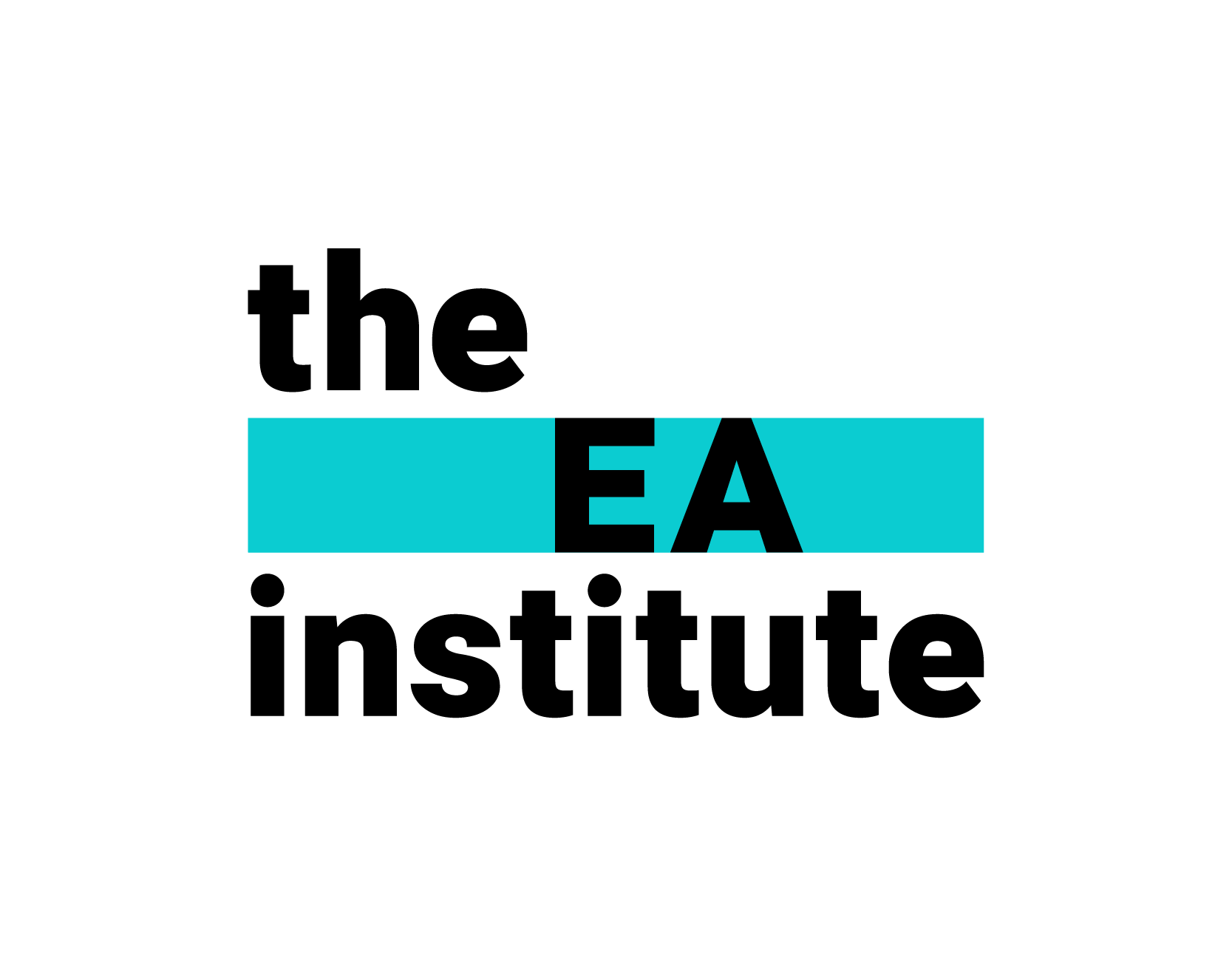Digital Tone – The Basics You Need To Know
Last week I spoke about how to make yourself 10 x more efficient. Missed it? See it here.
This week though, let’s take a look at something I like to call digital tone.
This is one of my favorite things to talk about; something I personally believe should have been incorporated into the school curriculum since digital communication took over as a means of communication, particularly through emails, text and app messaging.
Today I want to focus on emails. There’s a lot more to writing an email than a lot of people realise, and even more so if you want the email to be effective.
Years ago, writing a letter was all about format (think date, name, address, ‘to whom it may concern’, etc). For emails however, it can be similar but it’s not just about where you say something, but how you say it.
Have you ever put much thought into what you write in an email and how you write it?
Some don’t, and it really shows. Others do, but don’t know where to start.
There are no rules, per say, but there is definitely a time, place, and purpose for the written word and there are two types of email tone I want to touch on today.
Firstly there is the natural progression in your digital tone as your relationship with the people who you communicate with also progresses. This can and should look different with each person you communicate with as they are all individuals and prefer to be communicated to in different ways.
Then there is how you would like your email to come across. This depends on what outcome you are aiming for, and can be affected by the power dynamic between who you are emailing; are you emailing a client, a supplier, a manger, a direct report. It may seem over the top if you are just setting an appointment or sending through travel dates to the internal travel coordinator, but every email has the same potential as meeting somebody in person, and you can maximize that potential by using the right digital tone.
To start with, it’s vital that you get names right. I’m talking about spelling them correctly. You know this already right!? It’s so basic. Or so we would like to think, but even with a fairly simple name like Caitlin, it’s surprising how many times I have had ‘Dear Caitlyn’, ‘Good morning Catlin’, and hand-on-heart one time I even had ‘Thanks Colin’. You can imagine I instantly felt dismissed and for some people this would impact on interactions with those people going forward.
Not everybody will be worried about names (my sister’s name is Siobhan, so she’s a little more battle weary in this department), but just let that soak in for a second. How something as simple as one letter extra or one letter missing can potentially undermine you and make the person on the other end feel dismissed.
Smiley faces are a great example of something that deeply effects email tone too and something you should not send to anybody in any professional email. Ever. To a friend or family member, yes, to a friendly colleague, I would go so far as to say…maybe. Why? Because they can be perceived as unprofessional, maybe even flirty and if you always send them, then suddenly send an email without one, it may come across to them in a variety of negative ways too including that you are angry with them or that they have not met your expectations that day.
Communication is a fickle thing, and as mentioned before, it’s often not about what you say, but how it is perceived on the other end. Smiley faces just add to the confusion.
So rule of thumb is, if you want to sound happy and light, add a couple of exclamation marks! If you want the email to be serious, keep it short and to the point (but not rude). Think of your words carefully. If you are writing outside the organization for a business purpose, always write professionally, even if it is to a friend as you never know who they might need to pass it on to, and you are representing a company.
Do you have trouble with email/messaging tone and want to know more? Aware of how your tone is actually perceived?
Send us an email at info@theeainstitute.com.au we would love to be able to hear more and share our advice.
Related Articles






